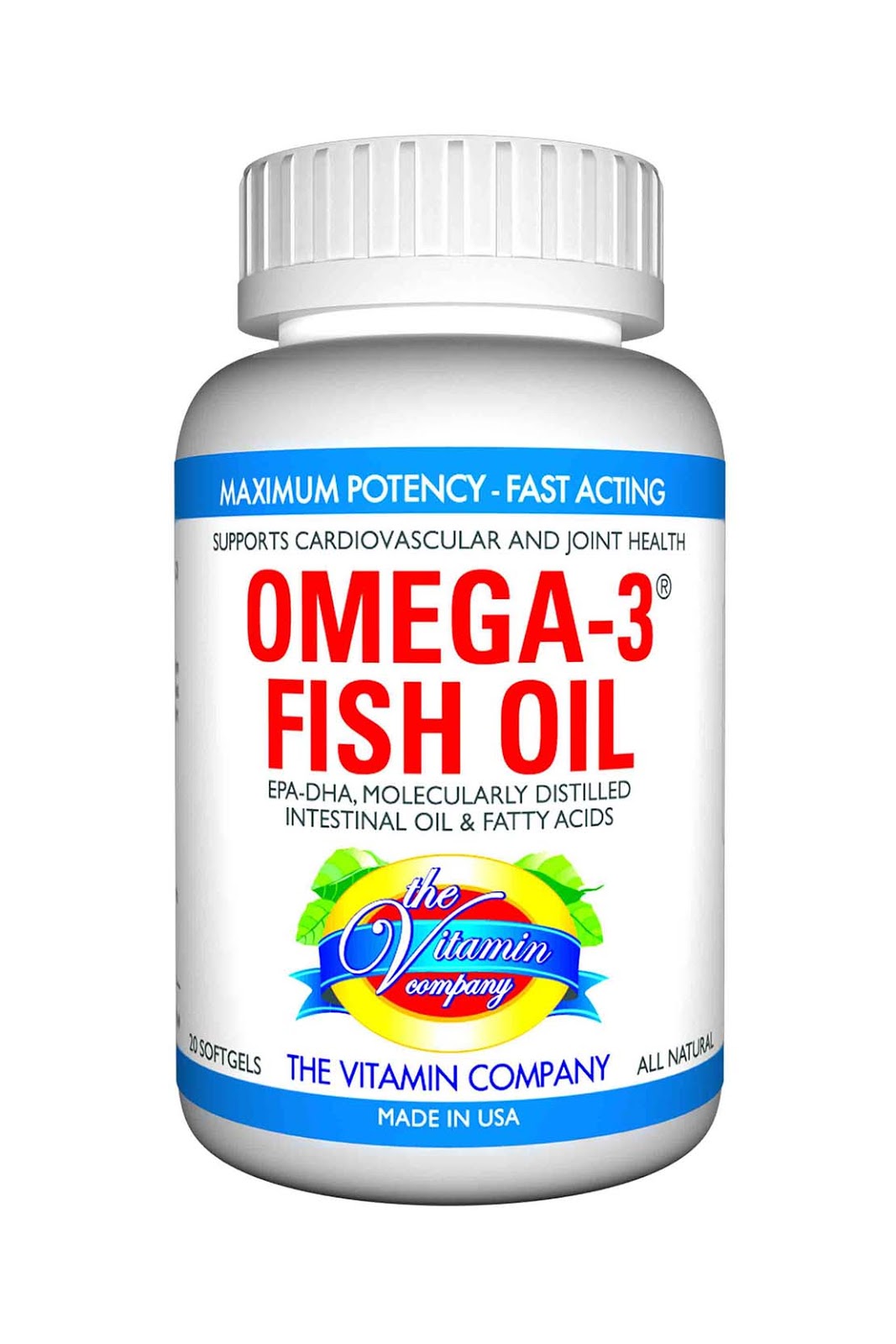

If you need a high dose, it may be more convenient to pick one with a higher concentration (see the 4th column of the column of the Results table) so that you can take fewer and/or smaller pills or other units. Which fish, krill, and algal oils are the best? Choose a supplement listed as Approved by in the table below, because not all supplements contain their listed amounts of omega-3 fatty acids, and some may be rancid or contaminated.You can check the form of each product in the 2nd column of the table below. While all forms can help raise EPA and DHA levels and do so equally well if taken with a high-fat meal, if not taken with a high-fat meal the "re-esterified triglyceride" form may be the best absorbed, with up to 76% greater absorption than from the more common "ethyl ester" (or just "triglyceride") form (see ConsumerTips - Forms of Fish Oil). This often involves modifying its chemical form. What is the best form of fish oil? Fish oil in supplements is generally first processed to purify it.If you need a high daily dose, dividing the dose over the course of the day may reduce any unpleasant aftertaste and "fishy burps." Enteric-coated capsules can also reduce these effects but may possibly reduce absorption. When is the best time to take fish oil? Taking fish oil with a meal containing other fats may improve absorption.Focus on the amounts of EPA and DHA in a product rather than the amount of total oil, since the concentration of EPA and DHA in oils ranges from about 33% to 85% and, for some uses, you may want more EPA or more DHA (see the comparison graph and second column of the Results table below for amounts of EPA and DHA and concentration levels, as well as amounts of "the other omega-3" DPA, and omega-7 fatty acids). A general daily dose is about 300 to 500 mg of EPA and DHA, while some treatments (such as for high triglycerides) involve doses as high as 4,000 mg per day (see What to Consider When Using - Dosage). How much fish oil should you take? Different amounts of EPA and DHA have been used for different purposes.

/GettyImages-538805433-5a99bdc08e1b6e00360786e9.jpg)
As far as cardiovascular and cognitive (and memory) benefits, eating fish at least twice each week may do you more good than taking a fish oil supplement, although, if you eat fish, be aware that some types can be high in mercury - see Getting EPA and DHA from Food). What are the benefits of fish oil? Taking a supplement with EPA and DHA from fish oil (or other source, such as krill oil or algae) offers a wide range of potential benefits for mental health, treating inflammatory disease, maintaining muscle, and even cancer prevention (see What It Does).


 0 kommentar(er)
0 kommentar(er)
